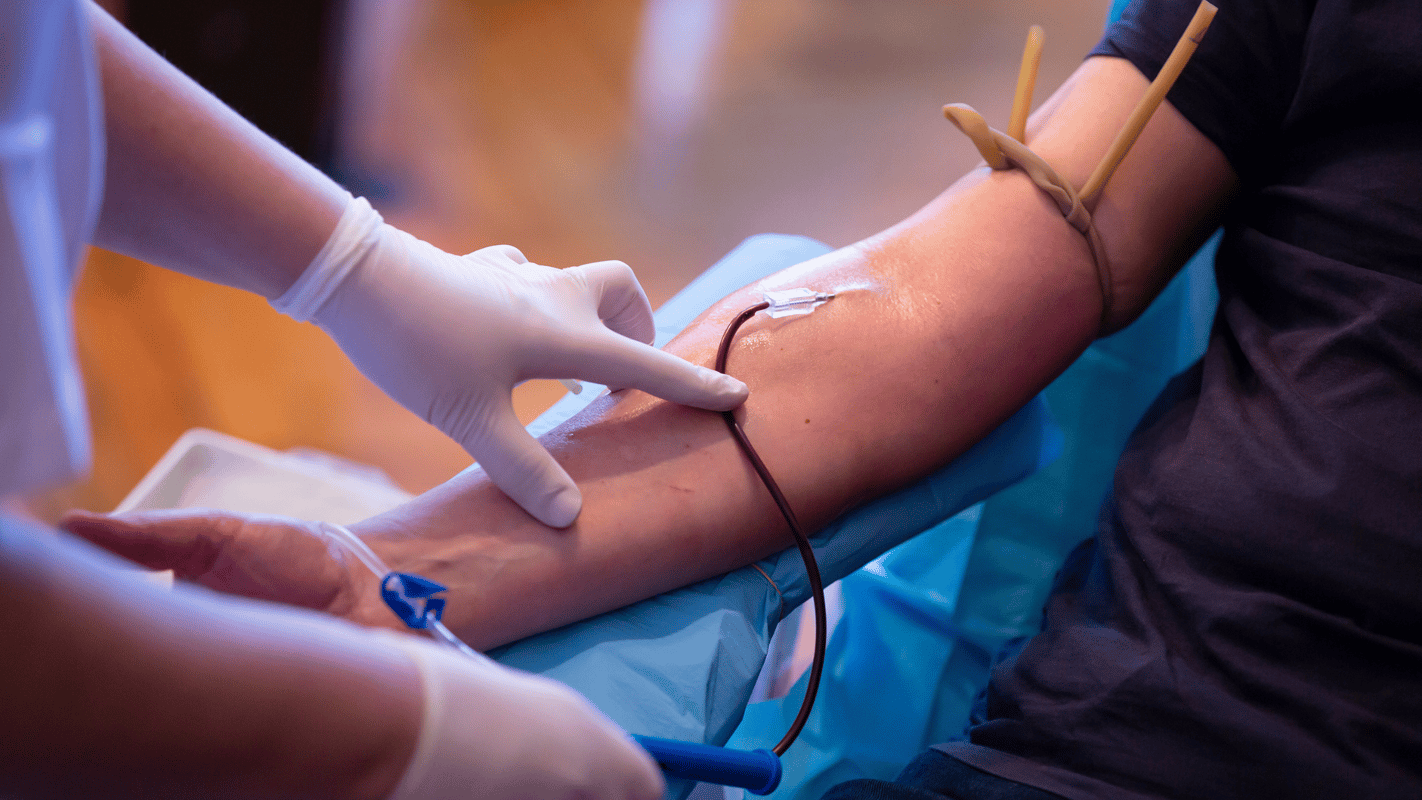How to Become a Phlebotomist in Mississippi (2025)

Phlebotomists draw blood for medical tests, donations, and procedures—making them essential to patient care. In Mississippi, you can become a phlebotomist in as little as 4 to 8 weeks and earn an average salary of $36,240 per year, according to the Bureau of Labor Statistics.
How to Get Your Phlebotomy Certification
Here’s how to get certified:
- Complete your training – Enroll in a qualified phlebotomy training program.
- Study for the exam – Review blood collection techniques, safety procedures, and anatomy.
- Pass the exam – Choose a certifying body like NHA or ASCP.
- Get your CPT credential – This certifies your competency as a phlebotomist.
- Maintain certification – Complete continuing education to stay current.
How to Get a Job as a Phlebotomist
After certification, here’s how to land your first job:
- Update your resume – Highlight your training, skills, and certification.
- Apply online – Look for entry-level phlebotomist jobs in healthcare settings.
- Network – Talk to instructors or local professionals for job leads.
- Prepare for interviews – Show confidence in your blood draw and patient care skills.
- Follow up – Stay persistent with polite check-ins.
Career Paths After Phlebotomy
Once you gain experience, you can move up or branch into other healthcare roles:
- Phlebotomy Supervisor – Lead a team of technicians
- Phlebotomy Trainer – Teach others in training programs
- Lab Manager – Oversee operations and compliance in a medical lab
- Nursing – Use your patient care foundation to pursue nursing school
- Medical Laboratory Technician – Perform diagnostic testing beyond blood draws
Frequently Asked Questions
How long does it take to become a phlebotomist in Mississippi?
Most phlebotomy training programs take 4 to 8 weeks.
How much does a phlebotomist make in Mississippi?
Phlebotomists earn an average salary of $36,240 per year, per BLS.
How many years is a phlebotomy course?
Most courses take less than 2 months. Some may offer extended clinical practice.
What qualifications do you need to be a phlebotomist in the US?
A high school diploma, phlebotomy school completion, and national certification are usually required.
Final Thoughts
Becoming a Phlebotomist can be a rewarding career path, allowing you to play a vital role in the healthcare industry. By completing the necessary training, obtaining certification, and securing a job, you can embark on a fulfilling career as a Phlebotomist.
If this article doesn't match what you're looking for, you can check out these other articles:

Athena is Co-founder and CEO of Dreambound.





